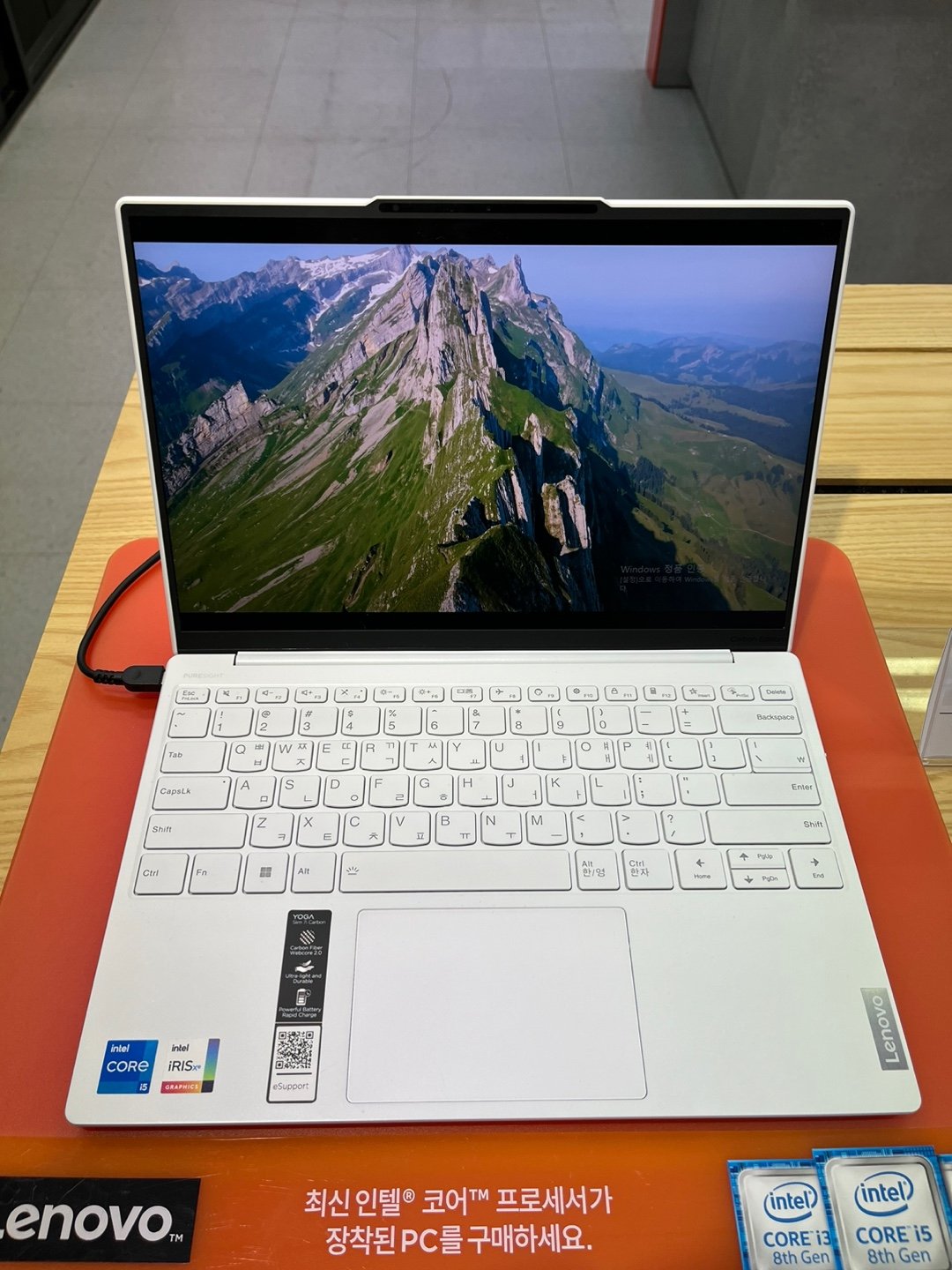As technology advances, companies are introducing laptops that are increasingly lighter and more portable. This lightweighting isn’t just about ease of travel, it reflects our desire to be constantly connected. The weight of a laptop now symbolizes the fear of being left behind and is seen as a measure of one’s ability to work and communicate anywhere, anytime.
Why do consumers care about the weight of electronics?
In 2014, LG Electronics made an announcement that shocked consumers and businesses alike: the LG Gram, the first laptop in Korea to weigh less than 1 kilogram (980 grams), has since become synonymous with ultra-light premium laptops, with a series of innovative successors that responded to consumer demand for large batteries, large screens, and high performance. The 13-inch MacBook Air, which was synonymous with lightweight laptops at the time, weighed in at 1.35 kilograms, the same as its predecessor. However, LG Electronics launched a series of lighter 14-inch, 15-inch, and 17-inch laptops year after year after the Gram. Laptops weighing less than 1 kilogram made a big impression on consumers, and the results were evident in the increased sales share.
But this begs the question: why do consumers care about the weight of their electronics? Why did the fates of a 1.35 kg laptop and a 0.98 kg laptop, which don’t weigh that much differently, become so polarizing? I find the answer in the invention and marginalization of portable devices.

The invention of portability
From the first computer, the Aniak, to the LG Gram, human technology has progressed. Along the way, computers have become smaller and smaller. But the nature of this lightness is different from the personal PCs of the early days and the 1990s. The first personal computers didn’t need to be carried around. They weren’t designed to be portable; they were a byproduct of the convenience and popularity of PCs. But the subsequent invention of portable electronics, such as cell phones and laptops, brought the concept of portability to humankind for the first time. Mobility has become about expanding the radius of human activity beyond its dictionary meaning: social, economic, and all other human activities that were previously possible only at home or in the office are now possible wherever communications are available. Today, this mobility is already natural and taken for granted.
Why do we call the absence of ‘mobility’ marginalization?
The flip side of this is that if you don’t have a mobile device, you’re marginalized from the ubiquitous communication. Let’s say you can’t use your smartphone for a month. Imagine that you don’t get your usual incessant KakaoTalk notifications or Facebook and Instagram updates. Even if you do check them when you get home, you’re already disconnected from instant communication. So people carry them for more than just the convenience of having them with them, they carry them to avoid being left behind. As a result, the human need for portability is strong.

Lightness, a measure of fear of being left behind!
The consumer preference for lightness stems from this human need for portability – the human instinct to not want to be left behind. In a world where mobile devices are taken for granted, the weight of having to carry them with you at all times can be a burden that an individual has to carry for the rest of their life, and everyone wants to reduce that burden. Wanting to live lightly without a heavy burden doesn’t just refer to physical weight; it also includes the stoic weight of trying to keep up with the overflowing flood of communication. A smartphone will always be heavy as long as it keeps ringing, so consumers are looking for lighter electronics to ease their burdensome inner weight.
People accustomed to lightness have become so used to modern electronics that at some point, weight is no longer perceived as physical weight, and the difference between 0.98 kg and 1.35 kg of physical weight loses meaning. What matters is that by using a 0.98 kg laptop, consumers have freed themselves from the obligations and anxieties of a 0.37 kg laptop.

Avoiding a fundamental sense of alienation
No matter how lightweight you are, electronics can still be heavy if you have an underlying fear of alienation. Instead of keeping in touch only on social media, why not take the time to meet in person for a cup of coffee once in a while? Having a heart-to-heart and realizing that you’re not the only one who feels left out will lighten the weight of your heart.